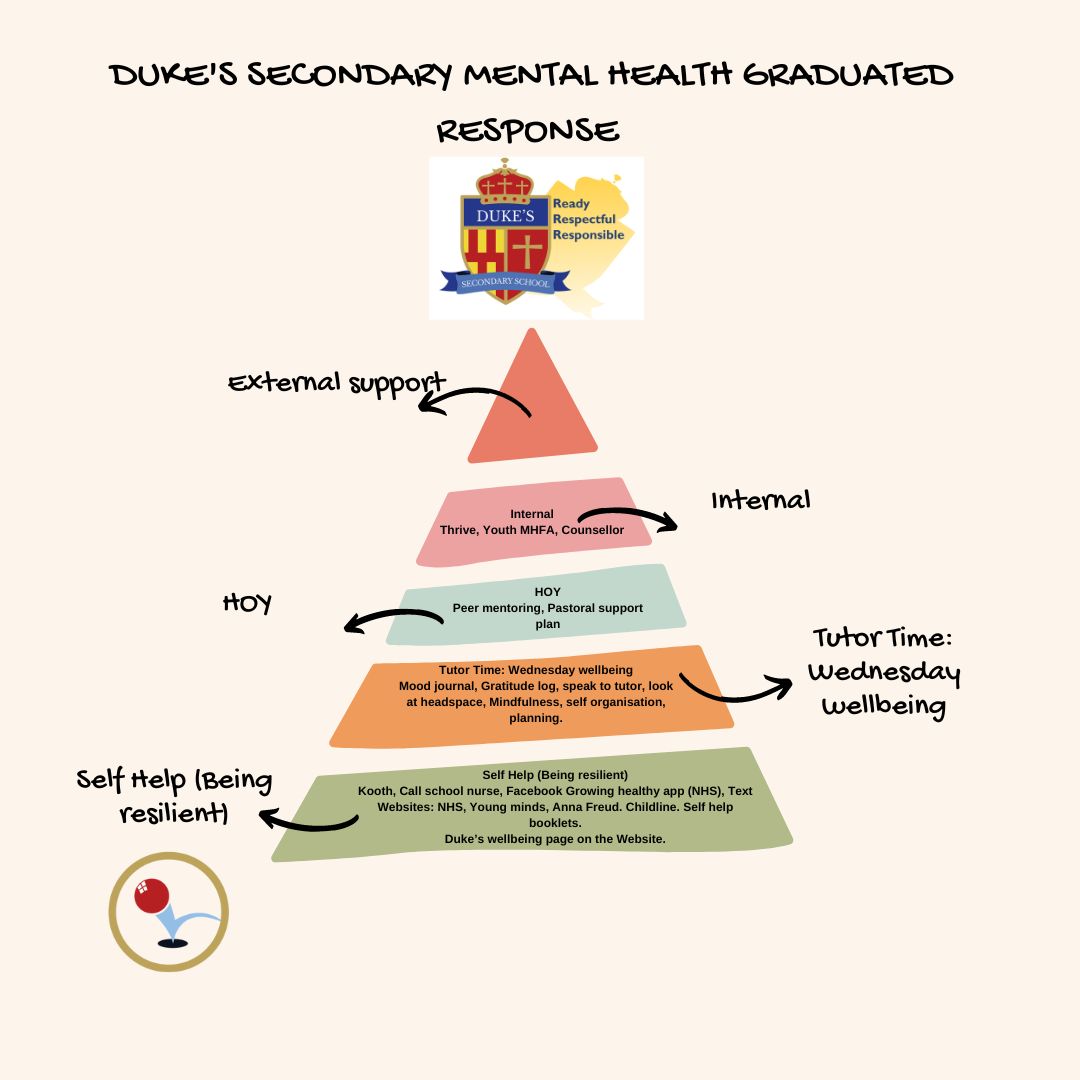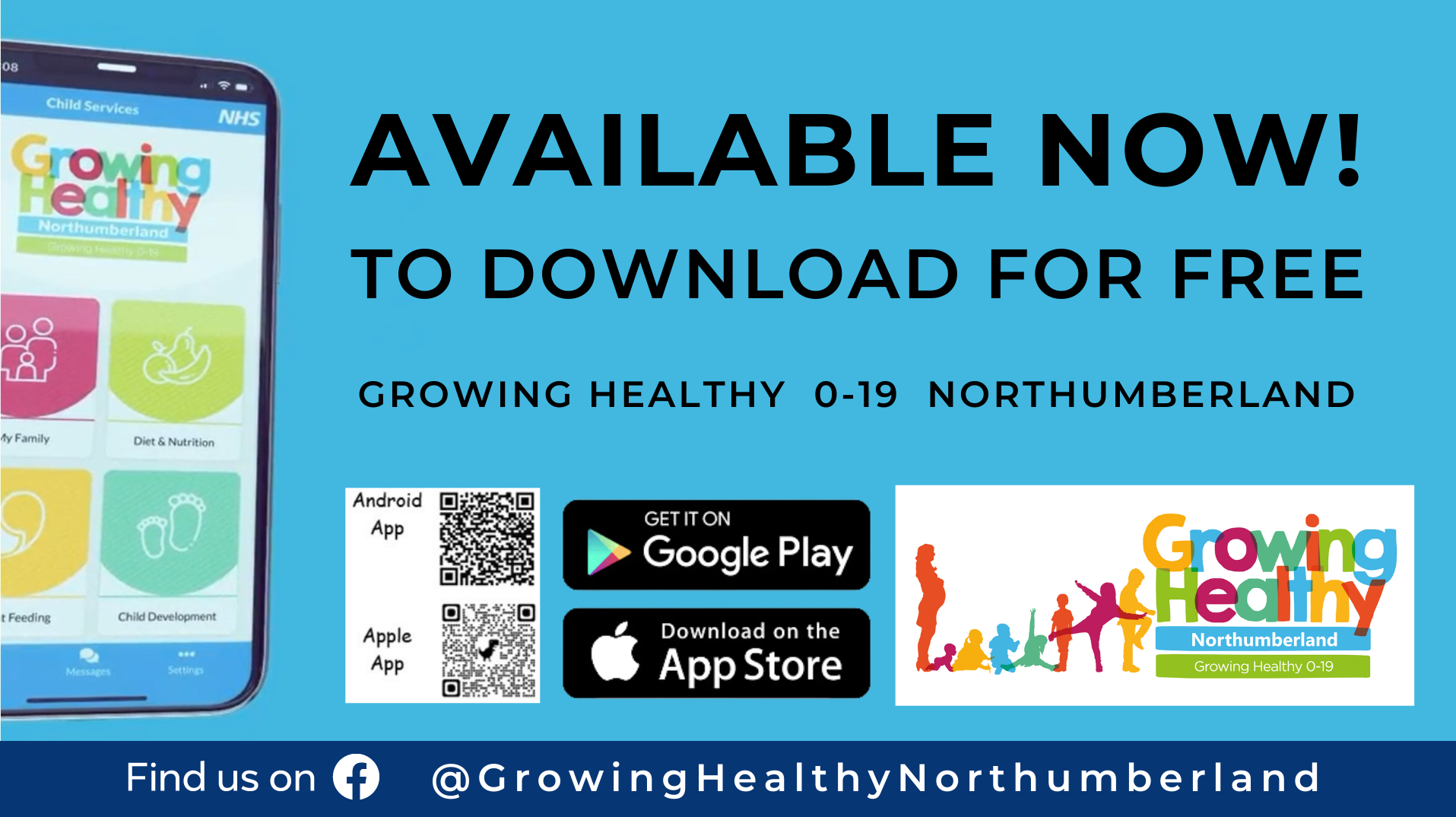 Information and sources of support about common mental health issues
Information and sources of support about common mental health issues
Below, we have sign-posted information and guidance about the issues most commonly seen in school-aged children. The links will take you through to the most relevant page of the listed website. Some pages are aimed primarily at parents but they are listed here because we think they are useful for school staff too.
Support on all of these issues can be accessed via Young Minds (www.youngminds.org.uk), Mind (www.mind.org.uk) and (for e-learning opportunities) Minded (www.minded.org.uk).
The NHS has a number of self help booklet on mental health conditions found here:
https://www.nhsinform.scot/symptoms-and-self-help/self-help-guides
Parent support to talk about mental health generally. https://www.annafreud.org/schools-and-colleges/resources/advice-for-parents-and-carers-talking-mental-health-with-young-people-at-secondary-school/
Youth Wellbeing Directory: https://www.annafreud.org/on-my-mind/youth-wellbeing/
The Mix www.themix.org.uk
Kooth
We advertise this service to students at Duke’s Secondary School in PSHE lessons and regularly in tutor time throughout the year.
Kooth provides access to an online mental health and wellbeing community, giving free, safe and anonymous support for those aged 11-25 years: https://www.kooth.com/
This happens because the functionality/content marked as “Google Youtube” uses cookies that you choosed to keep disabled. In order to view this content or use this functionality, please enable cookies: click here to open your cookie preferences.
Self-harm
Self-harm describes any behaviour where a young person causes harm to themselves in order to cope with thoughts, feelings or experiences they are not able to manage in any other way. It most frequently takes the form of cutting, burning or non-lethal overdoses in adolescents, while younger children and young people with special needs are more likely to pick or scratch at wounds, pull out their hair or bang or bruise themselves.
Online support
SelfHarm.co.uk: www.selfharm.co.uk
National Self-Harm Network: www.nshn.co.uk
Books
Pooky Knightsmith (2015) Self-Harm and Eating Disorders in Schools: A Guide to Whole School Support and Practical Strategies. London: Jessica Kingsley Publishers
Keith Hawton and Karen Rodham (2006) By Their Own Young Hand: Deliberate Self-harm and Suicidal Ideas in Adolescents. London: Jessica Kingsley Publishers
Carol Fitzpatrick (2012) A Short Introduction to Understanding and Supporting Children and Young People Who Self-Harm. London: Jessica Kingsley Publishers
Depression
Ups and downs are a normal part of life for all of us, but for someone who is suffering from depression these ups and downs may be more extreme. Feelings of failure, hopelessness, numbness or sadness may invade their day-to-day life over an extended period of weeks or months, and have a significant impact on their behaviour and ability and motivation to engage in day-to-day activities.
Online support
https://www.mind.org.uk/information-support/types-of-mental-health-problems/depression/
Books
Christopher Dowrick and Susan Martin (2015) Can I Tell you about Depression?: A guide for friends, family and professionals. London: Jessica Kingsley Publishers
Anxiety, panic attacks and phobias
Anxiety can take many forms in children and young people, and it is something that each of us experiences at low levels as part of normal life. When thoughts of anxiety, fear or panic are repeatedly present over several weeks or months and/or they are beginning to impact on a young person’s ability to access or enjoy day-to-day life, intervention is needed.
Online support
Anxiety UK: www.anxietyuk.org.uk
Books
Lucy Willetts and Polly Waite (2014) Can I Tell you about Anxiety?: A guide for friends, family and professionals. London: Jessica Kingsley Publishers
Carol Fitzpatrick (2015) A Short Introduction to Helping Young People Manage Anxiety. London: Jessica Kingsley Publishers
Obsessions and compulsions
Obsessions describe intrusive thoughts or feelings that enter our minds which are disturbing or upsetting; compulsions are the behaviours we carry out in order to manage those thoughts or feelings. For example, a young person may be constantly worried that their house will burn down if they don’t turn off all switches before leaving the house. They may respond to these thoughts by repeatedly checking switches, perhaps returning home several times to do so. Obsessive compulsive disorder (OCD) can take many forms – it is not just about cleaning and checking.
Online support
Books
Amita Jassi and Sarah Hull (2013) Can I Tell you about OCD?: A guide for friends, family and professionals. London: Jessica Kingsley Publishers
Susan Conners (2011) The Tourette Syndrome & OCD Checklist: A practical reference for parents and teachers. San Francisco: Jossey-Bass
Suicidal feelings
Young people may experience complicated thoughts and feelings about wanting to end their own lives. Some young people never act on these feelings though they may openly discuss and explore them, while other young people die suddenly from suicide apparently out of the blue.
- Childline has advice for children having suicidal thoughts and information and tips for dealing with self-harm
- PAPYRUS Prevention of Young Suicide is a UK charity dedicated to the prevention of suicide and the promotion of positive mental health and emotional wellbeing in young people
- R;pple Suicide Prevention Tool is free browser extension that signposts people who have searched for suicide or self-harm content to mental health support and advice. You should consider adding this extension to any computers your child has access to
- Samaritans is for anyone who’s struggling to cope or who needs someone to listen without judgement or pressure
- The OLLIE Foundation provides advice on how to talk about suicide.
Books
Keith Hawton and Karen Rodham (2006) By Their Own Young Hand: Deliberate Self-harm and Suicidal Ideas in Adolescents. London: Jessica Kingsley Publishers
Terri A.Erbacher, Jonathan B. Singer and Scott Poland (2015) Suicide in Schools: A Practitioner’s Guide to Multi-level Prevention, Assessment, Intervention, and Postvention. New York: Routledge
Eating problems
Food, weight and shape may be used as a way of coping with, or communicating about, difficult thoughts, feelings and behaviours that a young person experiences day to day. Some young people develop eating disorders such as anorexia (where food intake is restricted), binge eating disorder and bulimia nervosa (a cycle of bingeing and purging). Other young people, particularly those of primary or preschool age, may develop problematic behaviours around food including refusing to eat in certain situations or with certain people. This can be a way of communicating messages the child does not have the words to convey.
Online support
Beat – the eating disorders charity: www.b-eat.co.uk/about-eating-disorders
Eating Difficulties in Younger Children and when to worry: www.inourhands.com/eating-difficulties-in-younger-children
Books
Bryan Lask and Lucy Watson (2014) Can I tell you about Eating Disorders?: A Guide for Friends, Family and Professionals. London: Jessica Kingsley Publishers
Pooky Knightsmith (2015) Self-Harm and Eating Disorders in Schools: A Guide to Whole School Support and Practical Strategies. London: Jessica Kingsley Publishers
Pooky Knightsmith (2012) Eating Disorders Pocketbook. Teachers’ Pocketbooks
Helpful links


